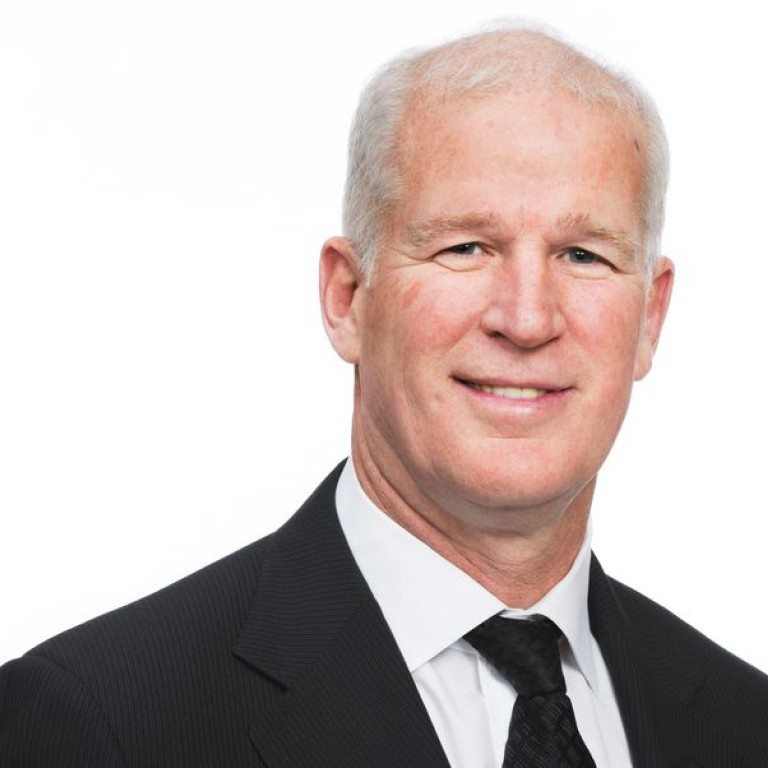
Olymel takes on China's growing fresh pork market
With its abundant space and supply of water and grain, Canada is fast-becoming one of the world's breadbaskets. Olymel combines this bounty with technology, efficiency and strict quality controls to emerge as one of the leading suppliers of meat products worldwide.
With its abundant space and supply of water and grain, Canada is fast-becoming one of the world's breadbaskets. Olymel combines this bounty with technology, efficiency and strict quality controls to emerge as one of the leading suppliers of meat products worldwide.
The company is one of the largest providers of fresh and processed pork and poultry products in Canada and the United States. While it is renowned throughout North America under the Olymel, Lafleur, Flamingo, Prince and Galco processed meat brands, its fresh pork meat under the Olymel brand reaches more than 60 countries in regions such as Oceania and Asia.
"We have always positioned ourselves ahead of the industry in terms of technology, cost, food safety and other parameters to fulfil our commitments to customers across the markets," says Richard Davies, Olymel's executive vice-president for sales and marketing. "This approach is critical to our success given the volumes we work with."
With almost a century of history in maintaining the highest quality standards, Olymel has gained the trust of discriminating Japanese clients early on. The company started exporting highly customised fresh pork meat cuts into Japan in the 1970s. While following strict world quality guidelines, Olymel also opens its doors to regular client audits. The company's full compliance with the Canadian Food Inspection Agency and adoption of Safety Quality Food management systems ensure complete monitoring across the whole value chain. Olymel's performance has been so consistently exceptional that clients have stayed with the company for more than 30 years.
"Our food safety system is well-recognised around the world," says Francois Guite, Olymel's vice-president for sales of fresh meats. "When you buy a box of Olymel, expect the same quality whether you got it today or two years ago. It will always be the same product we agreed to sell you."
With Olymel's history of success in the Japanese market, the company will move forward into China and replicate the triumph it has found in Japan. China's penchant for pork meat combined with its rising incomes has prompted Olymel to closely study the dynamics of the China market.
"The big frontier is China," Davies says. "We need to get as close to that market as possible with the right partners to optimise costs, shelf life and other factors."
Keen on putting up an office in China, Olymel welcomes meat processors and other importers who have the distribution network that covers retailers or food service providers in the country.
"We are exploring all avenues," Guite says. "China is like many countries within a country, so we are figuring out the best business model for that market."
Olymel has the production capacity to take on any additional demand from the mainland. With its expansion programme, the company has pulled up weekly slaughter and processing capacity to 160,000 pigs and 1.7 million poultry.
Its acquisition of Big Sky Farms in January last year gave Olymel access to breeding herd and boar studs, maternities, feed mills and transport facilities of Canada's second-largest hog supplier. Big Sky Farms can produce 1 million hogs annually from farms conveniently located near Olymel's Red Deer plant.
Olymel also invested C$37 million (HK$261 million) to expand its Cornwall facility in June last year. The undertaking added 70,000 sqft of space, a continuous smokehouse and a biological reactor designed to increase wastewater treatment and purification capacity.
"We have the head start on everybody in becoming a major global supplier," Davies says. "We see a perfect fit between our capabilities and the growing demand from Asia, especially China."
www.olymel.ca
